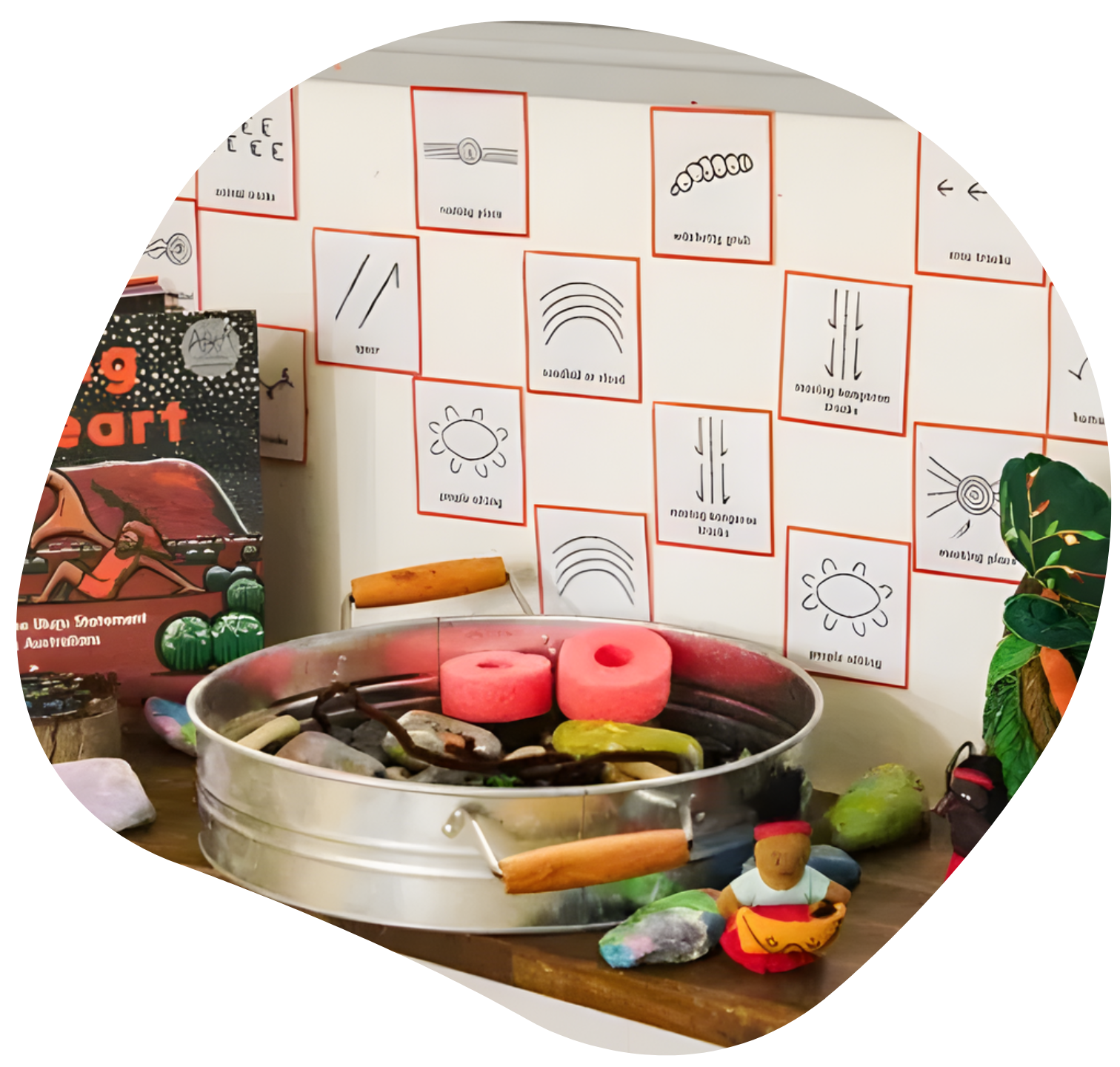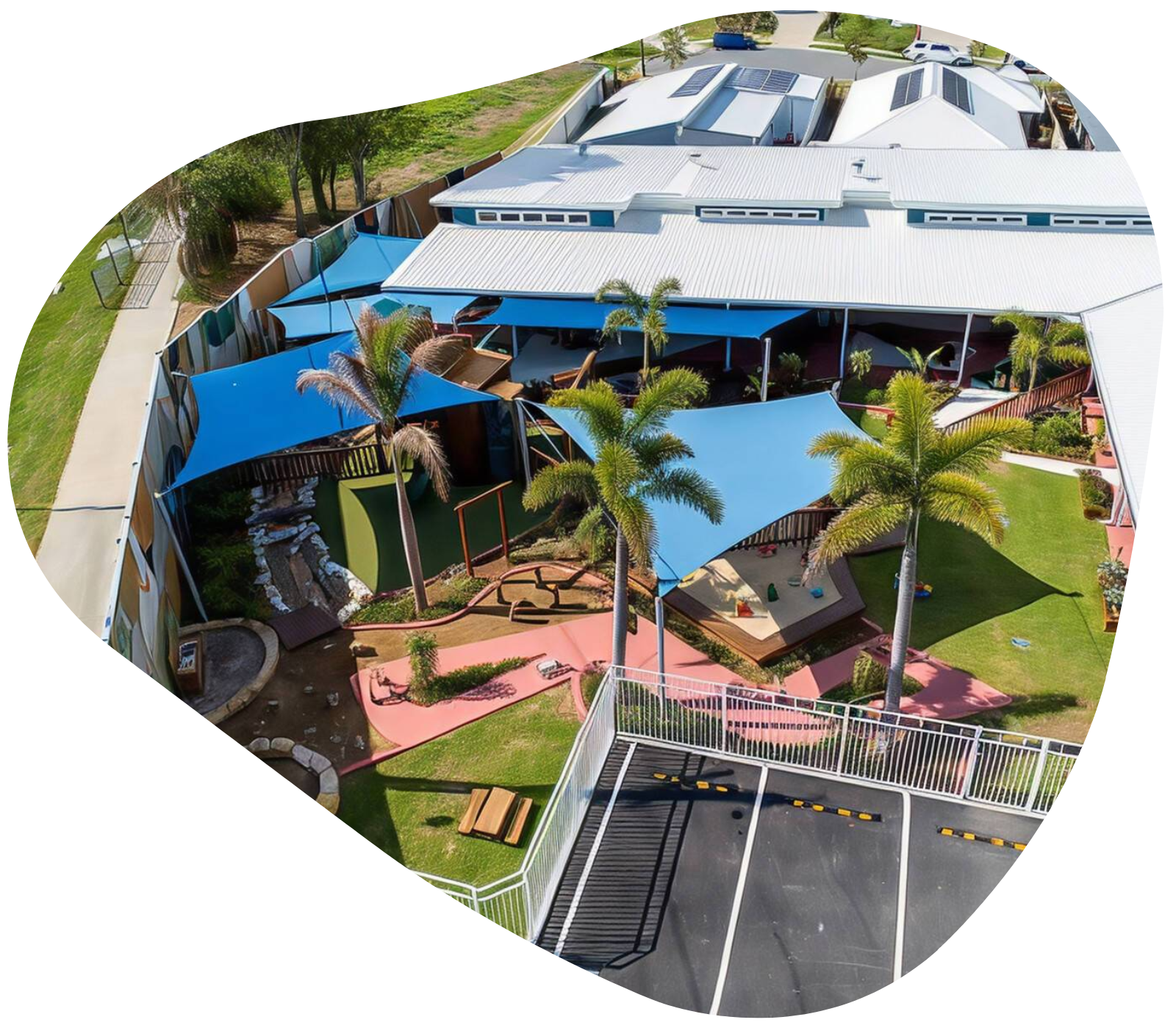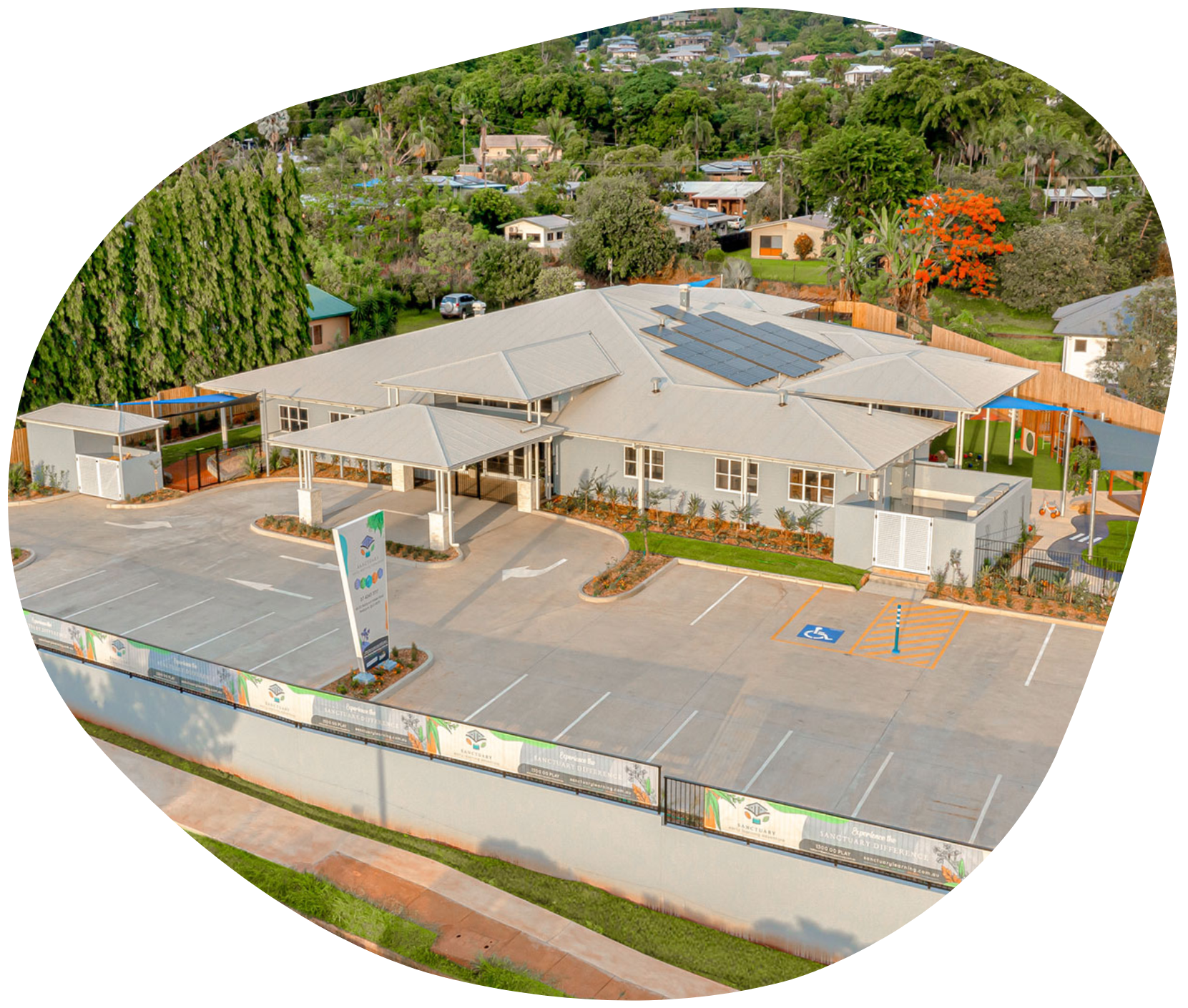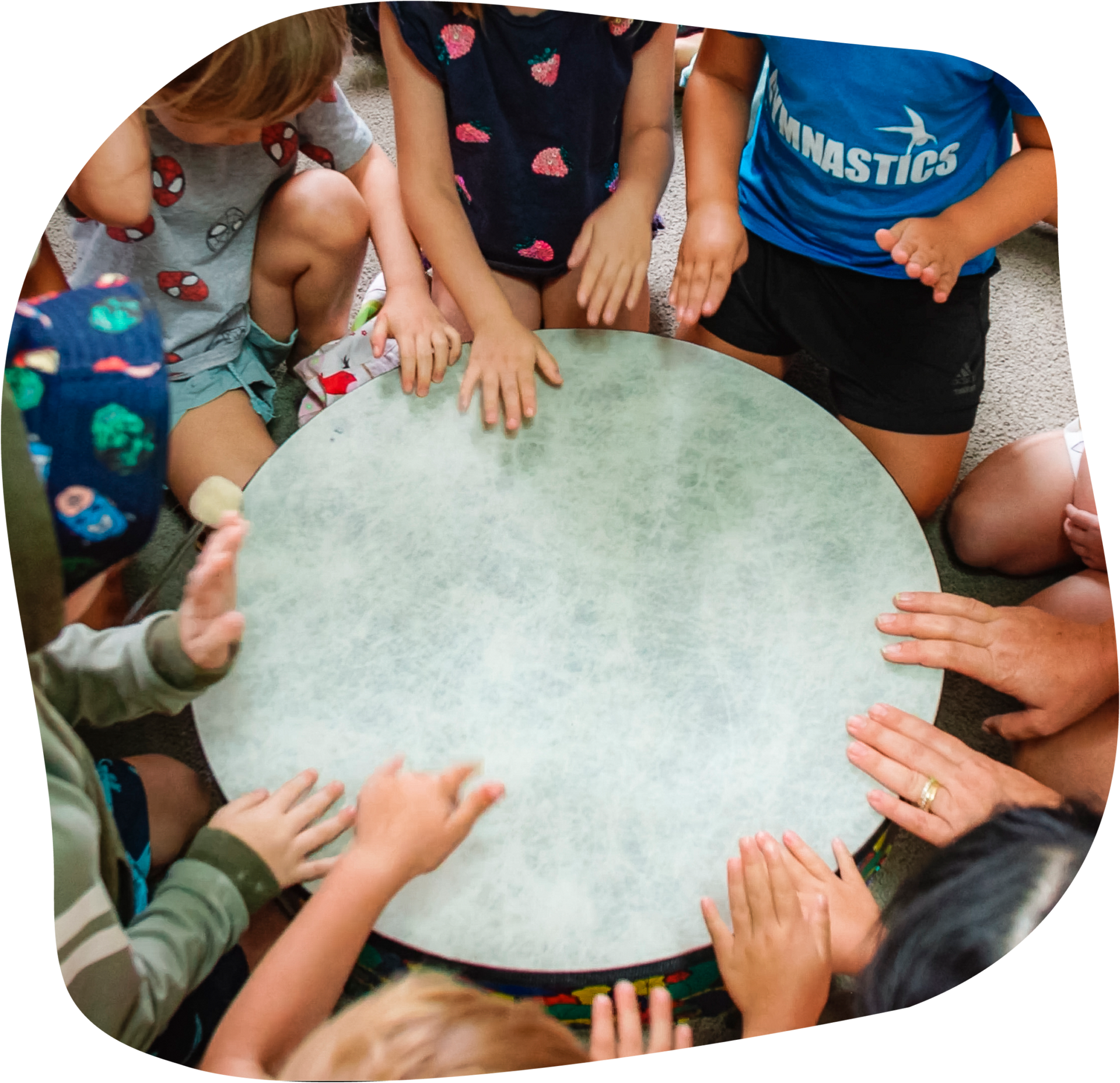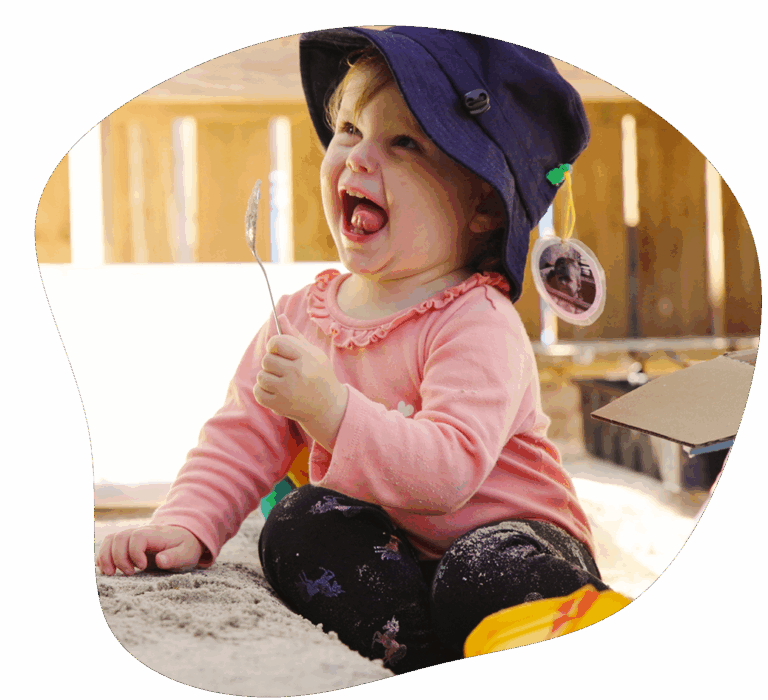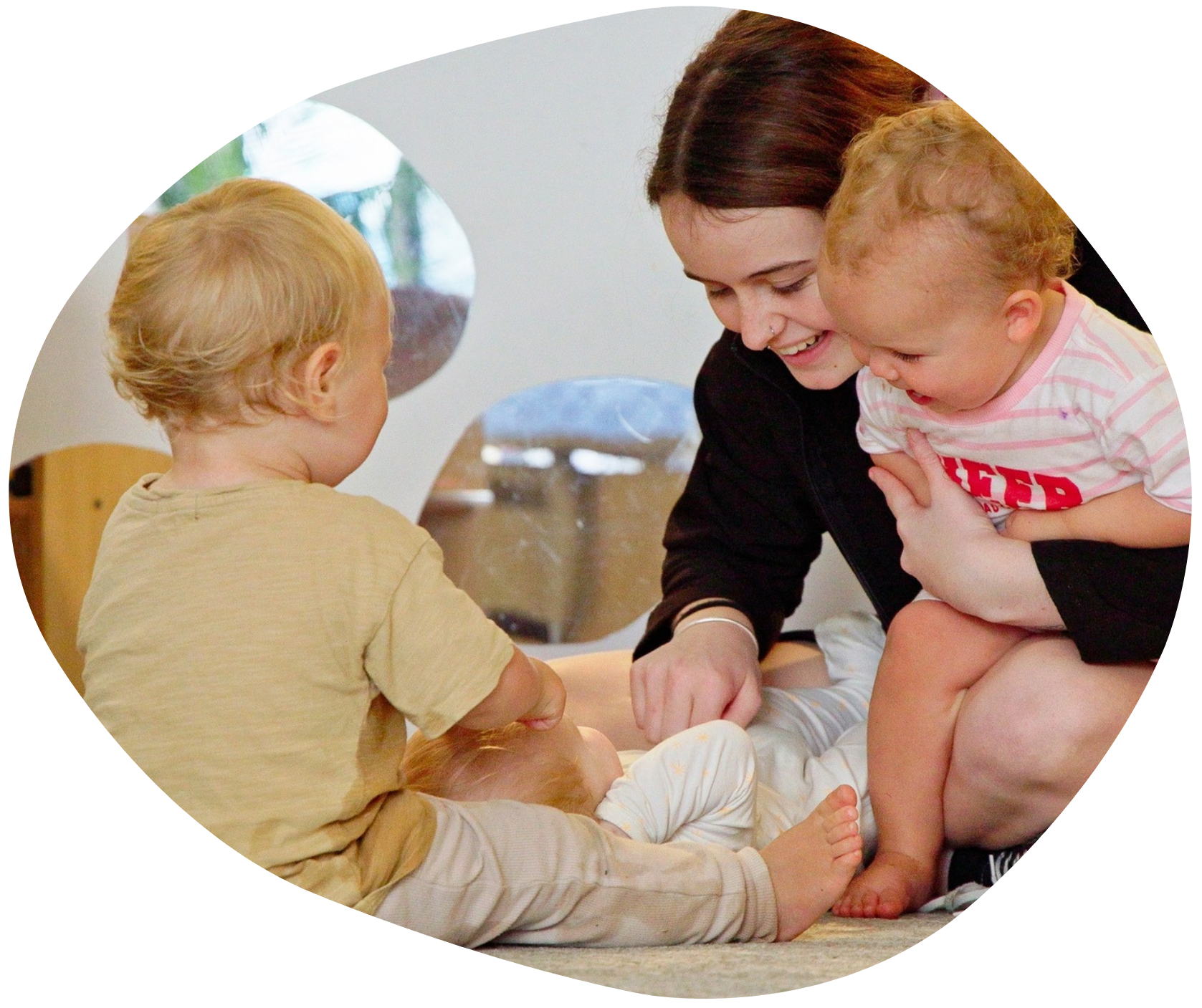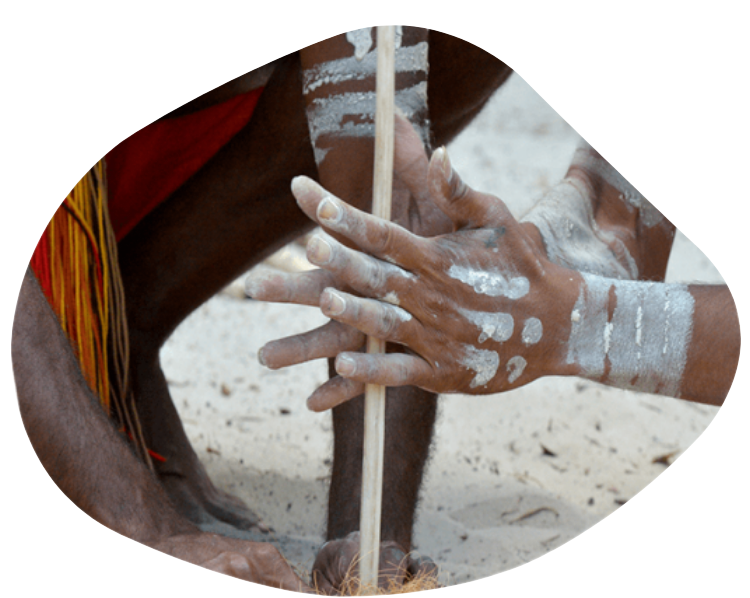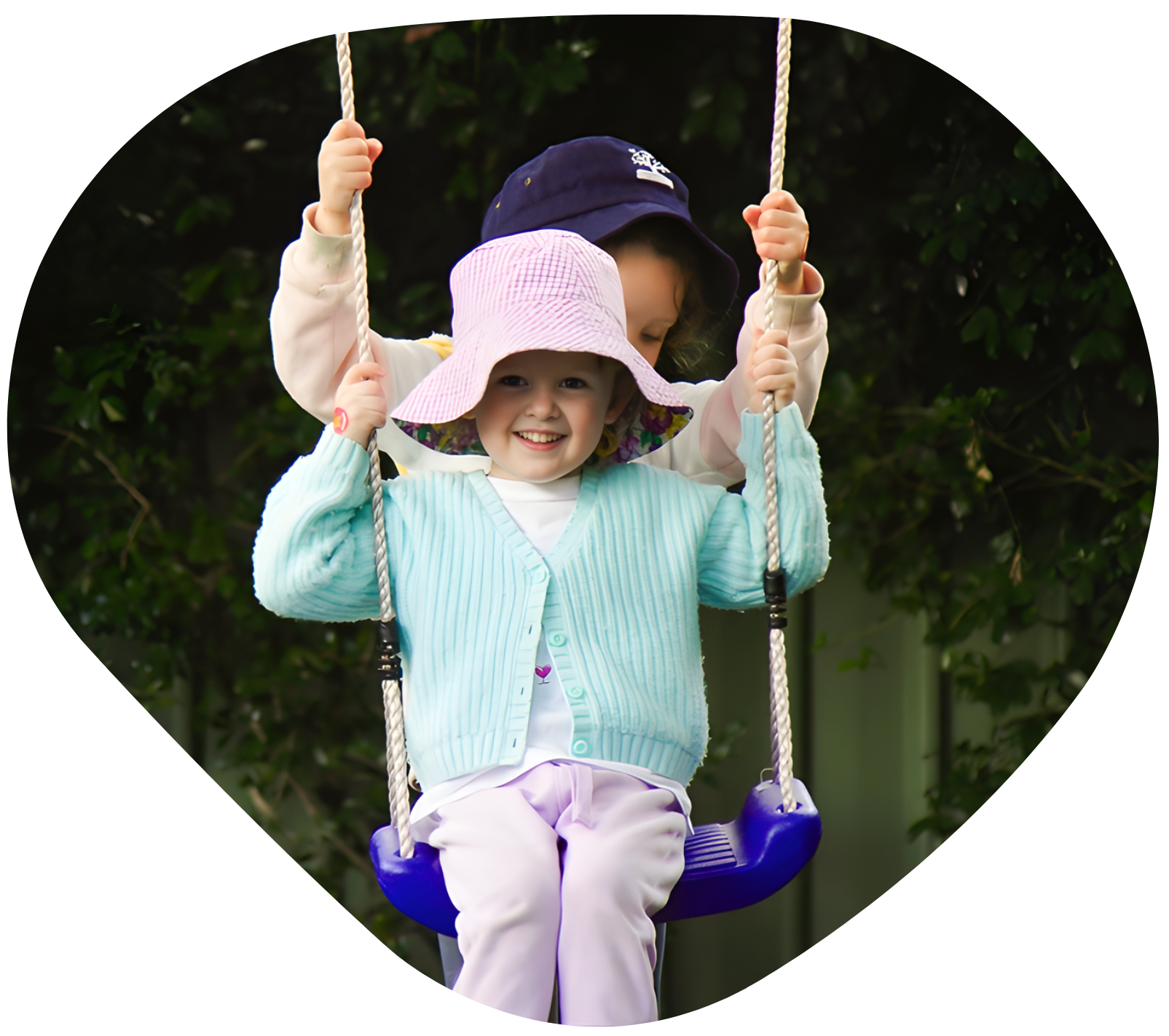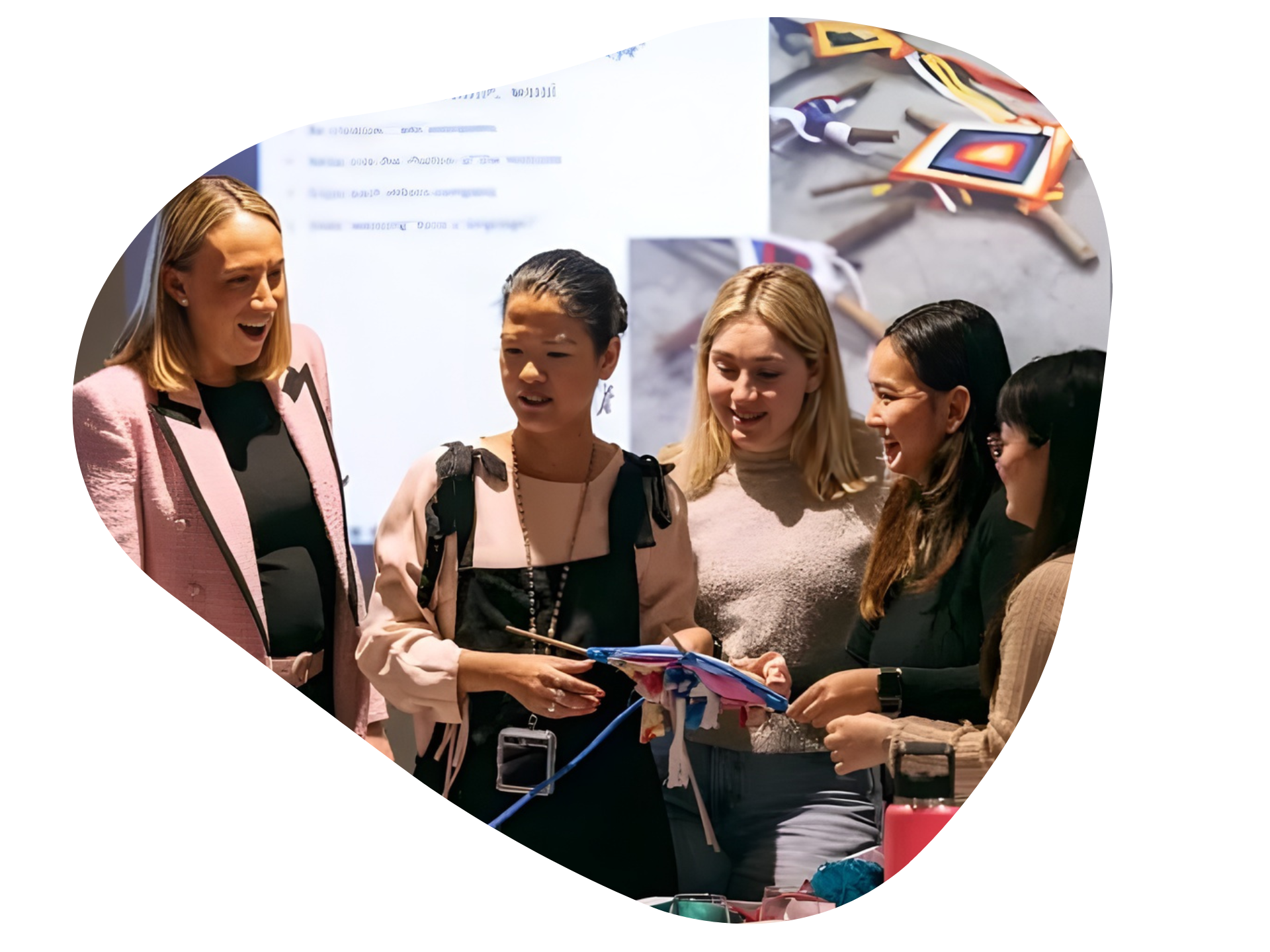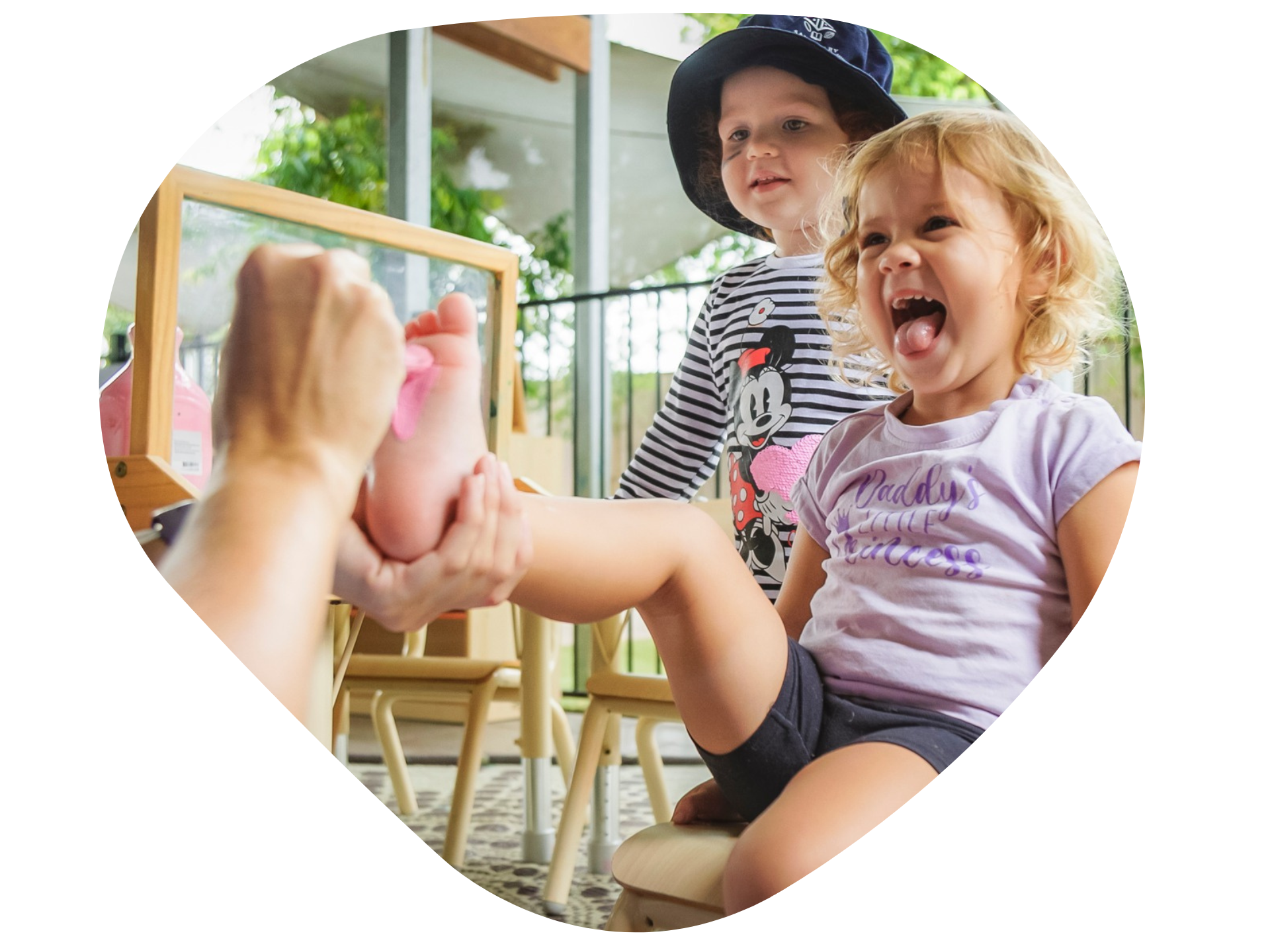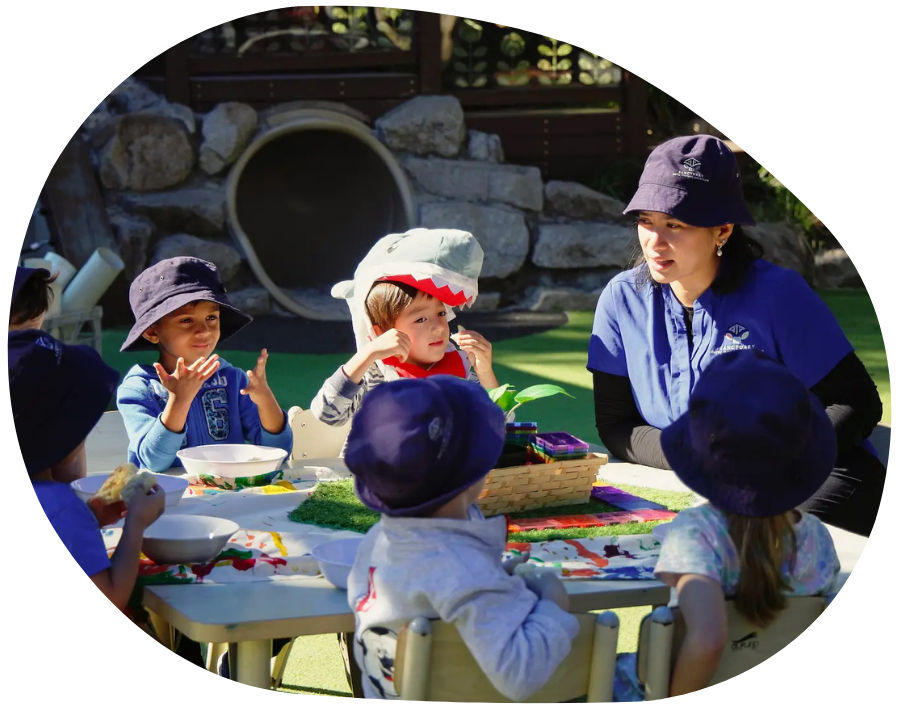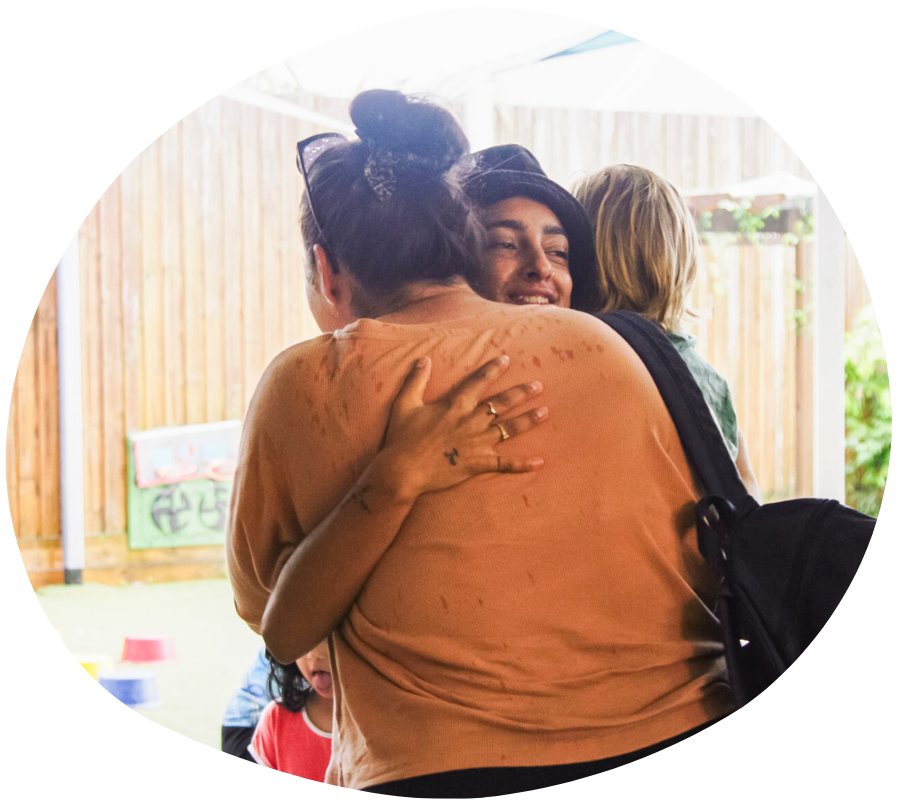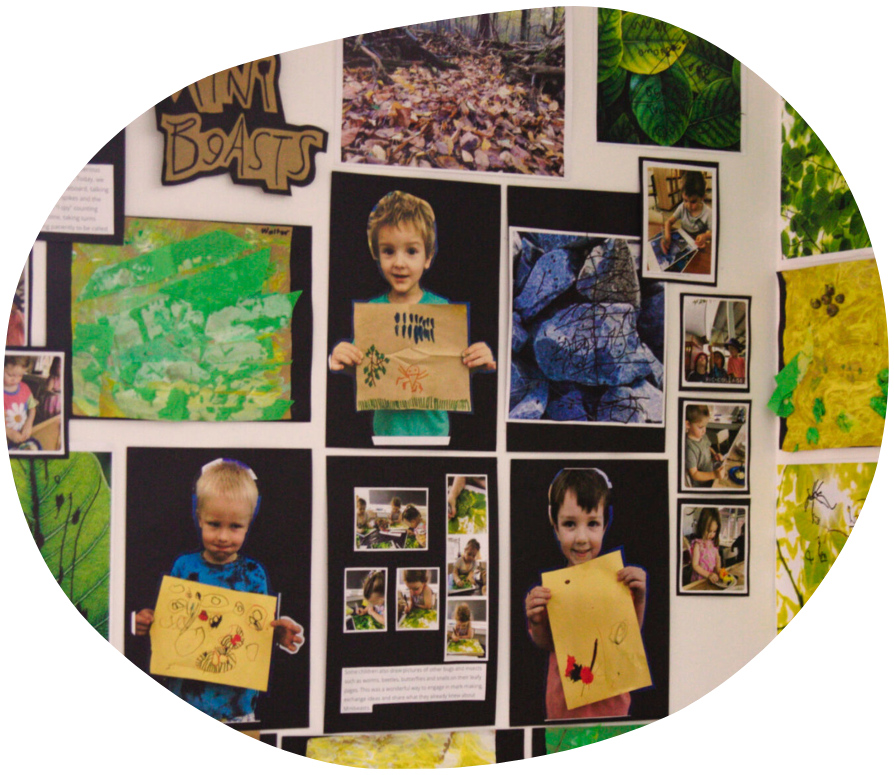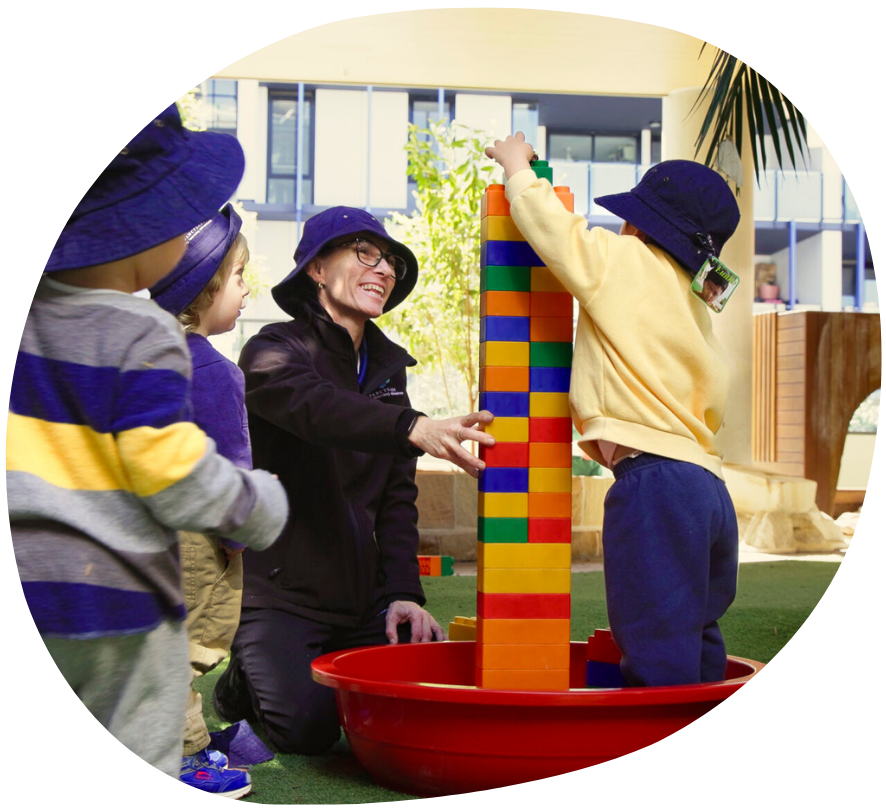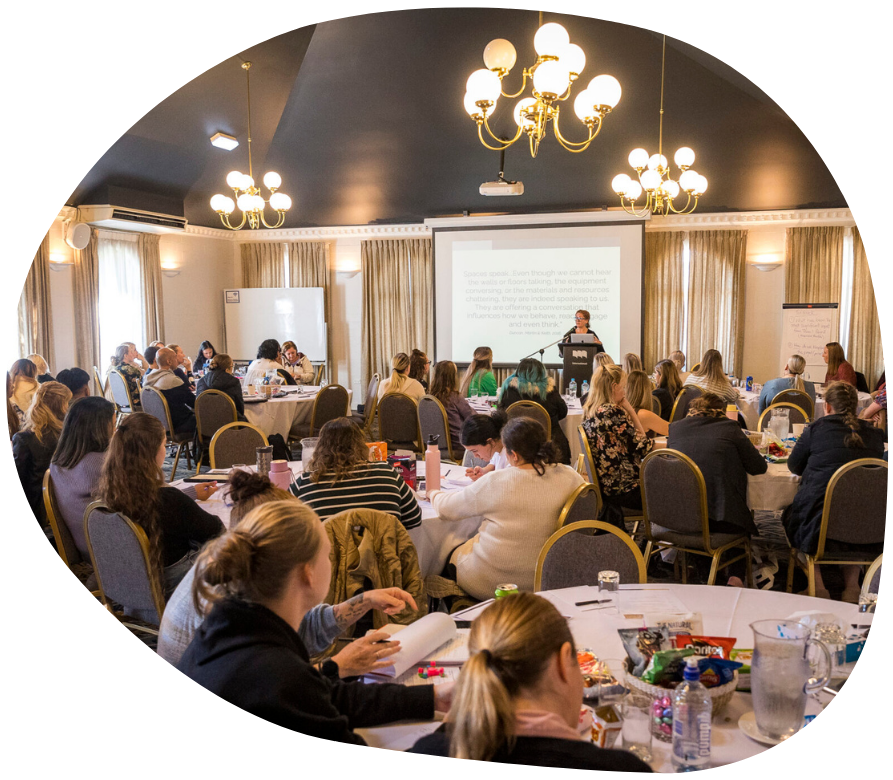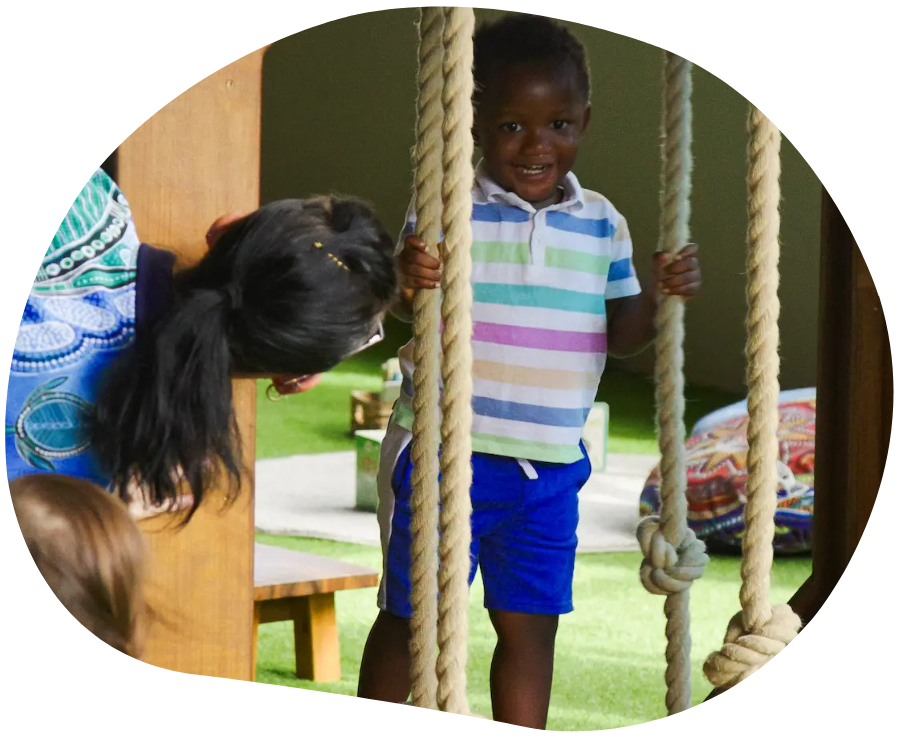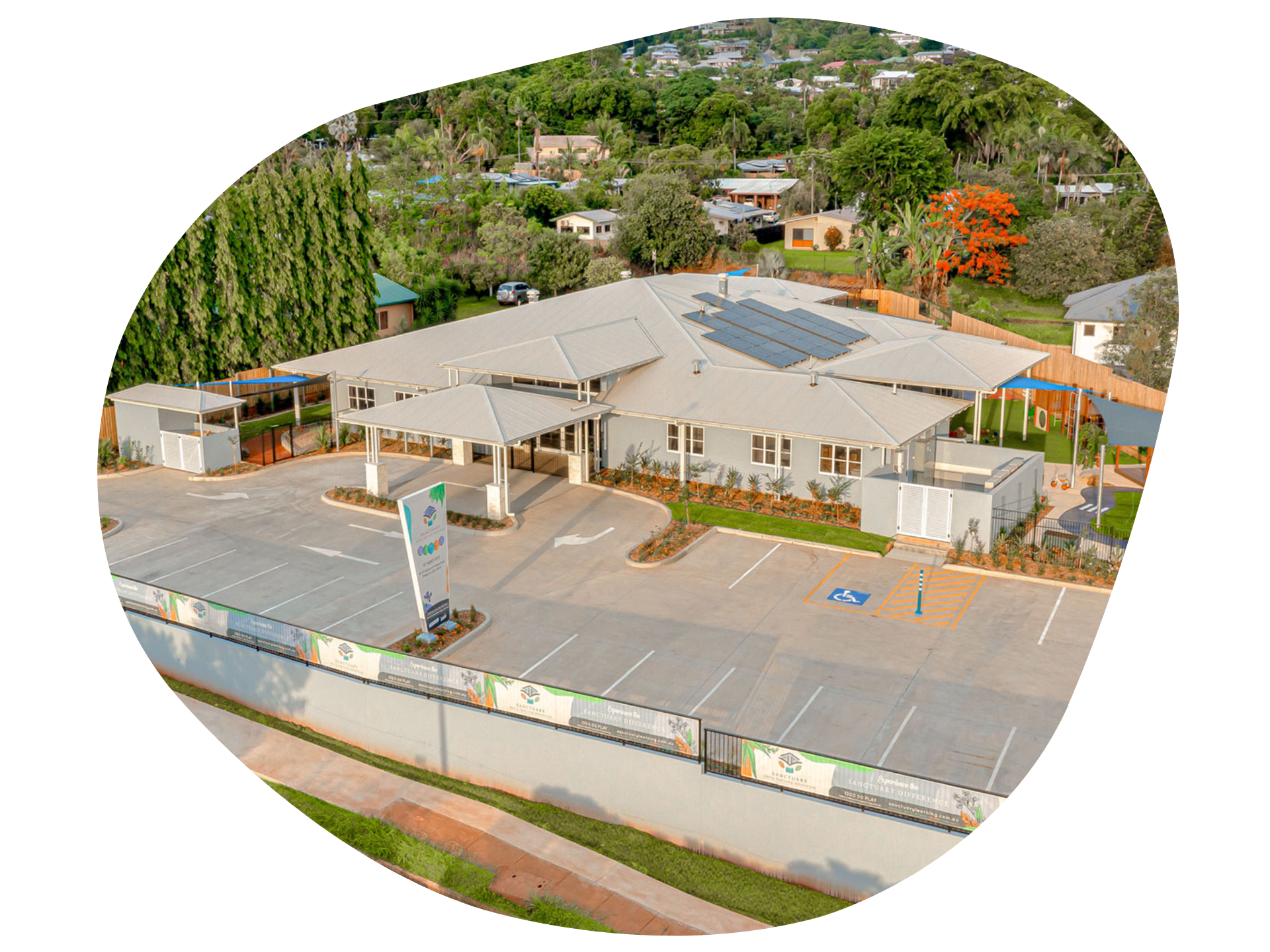Inclusion
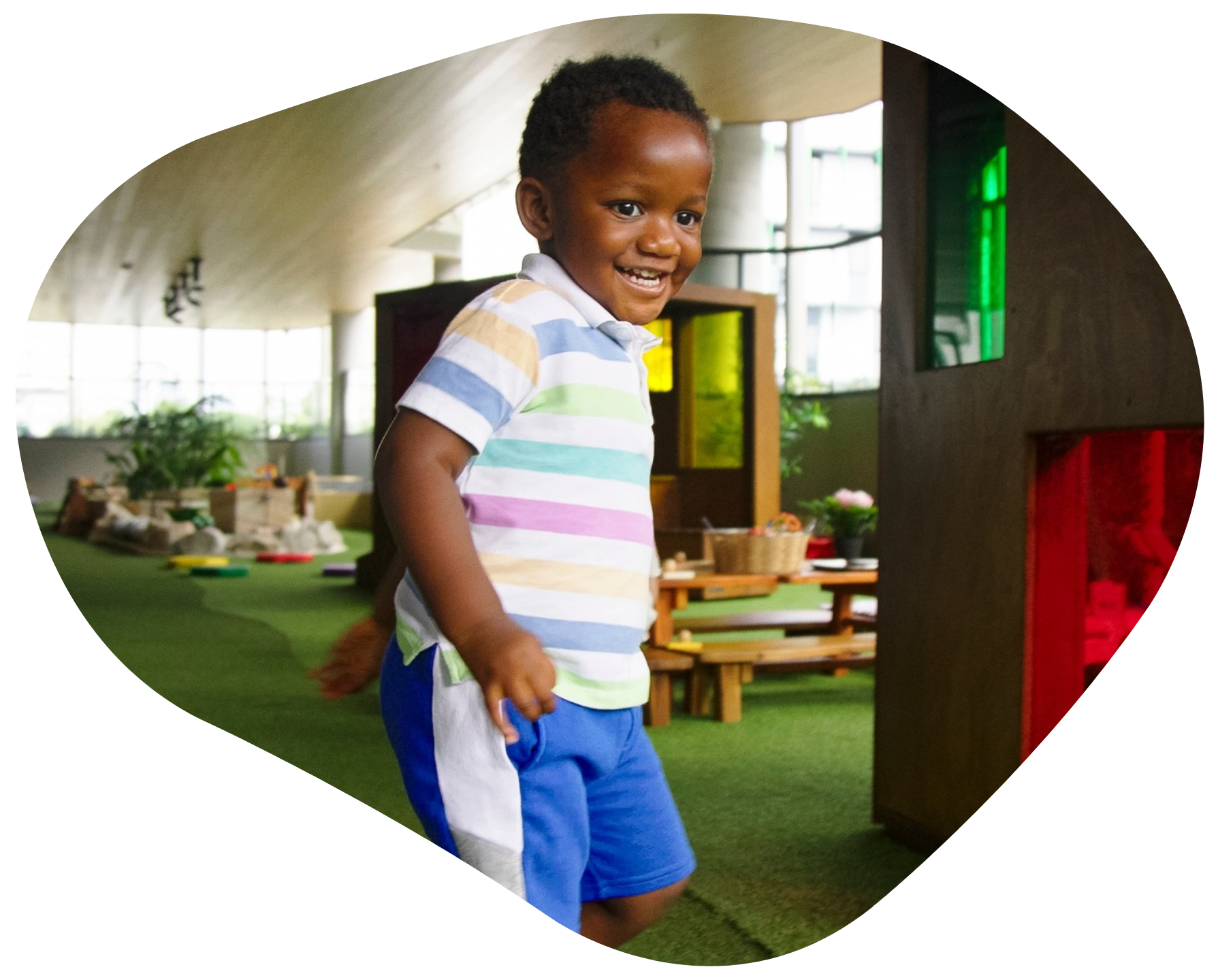
Inclusion by Design
Inclusion is at the heart of everything we do at Sanctuary Early Learning Adventure. Every child and family deserves to feel welcomed, supported, and celebrated. That is why we design our environments, programs, and professional practices to reflect a deep commitment to diversity, equity, and belonging. We are proud to have a dedicated Diversity and Inclusion Leader who works closely with our teams to guide inclusive strategies and help every centre grow in cultural responsiveness and accessibility.
Accessible Learning Environments That Support Every Child
At Sanctuary Health and Knowledge Precinct, inclusive design has been thoughtfully integrated from the ground up. Wide doorways, calm zones, visual communication tools, and sensory-friendly materials create a space that supports children of all abilities. Across all our centres, we adopt similar inclusive features to ensure every child can participate fully in the learning environment. From flexible furniture and quiet spaces to personalised supports and visual cues, our goal is to create accessible early learning spaces where all children can thrive.
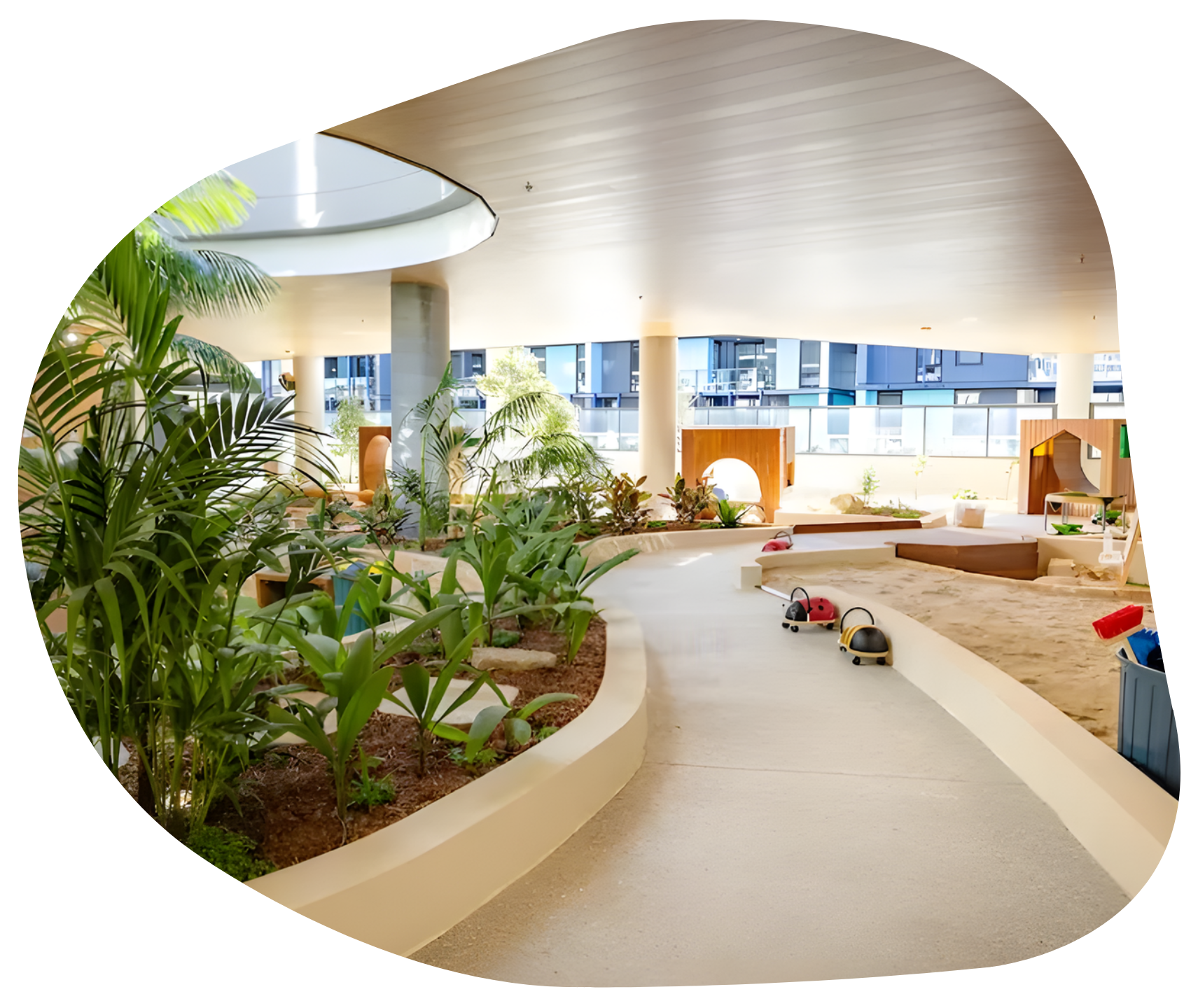
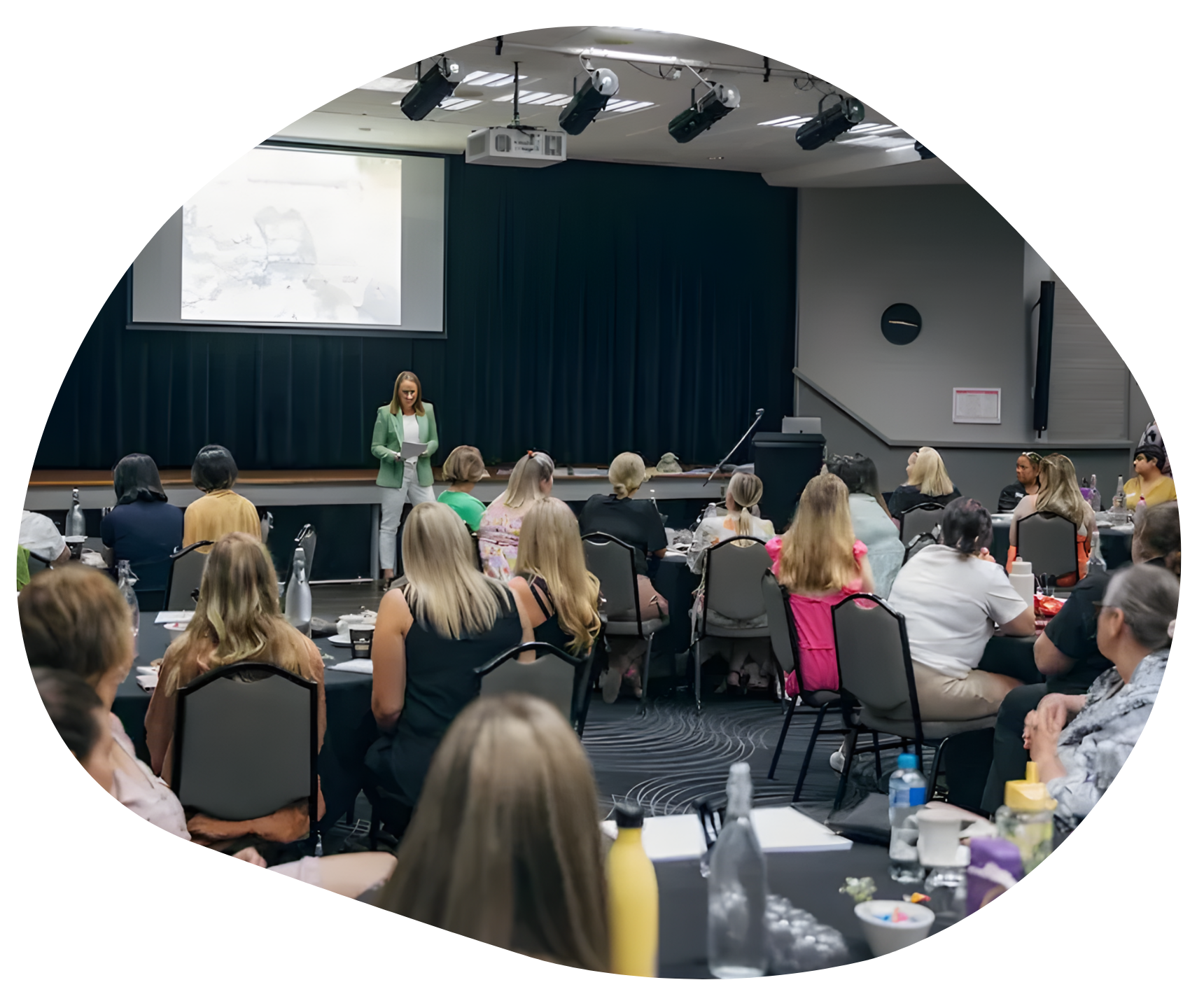
Educators Trained in Inclusive Early Learning Practices
Inclusion is not a one-size-fits-all approach. That is why every Sanctuary educator receives support and training in inclusive practice. This includes trauma-informed care, strategies for neurodiverse learners, cultural awareness, and approaches for children with additional needs. Our Diversity and Inclusion Leader offers mentoring and reflective guidance to help educators plan experiences that are equitable and meaningful. By adapting routines, environments, and curriculum, we ensure all children feel safe, capable, and empowered.
Celebrating Culture, Identity, and Family Diversity
We embrace the uniqueness of every child and family that joins our community. Educators are encouraged to incorporate diverse cultures, family structures, and languages into the daily learning program. From inclusive storytelling to multicultural celebrations, we make space for every identity to be seen and respected. Families are invited to share their own traditions and experiences, enriching the centre with real-world perspectives. At Sanctuary, children learn not only to value their own identity, but to respect and appreciate the differences of others.
